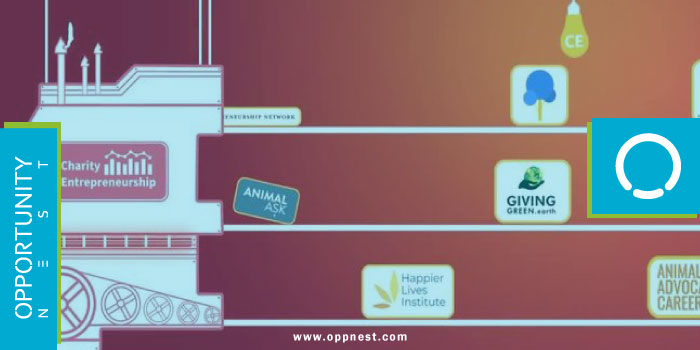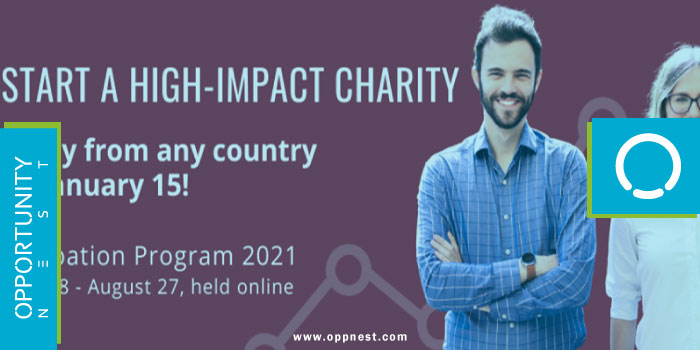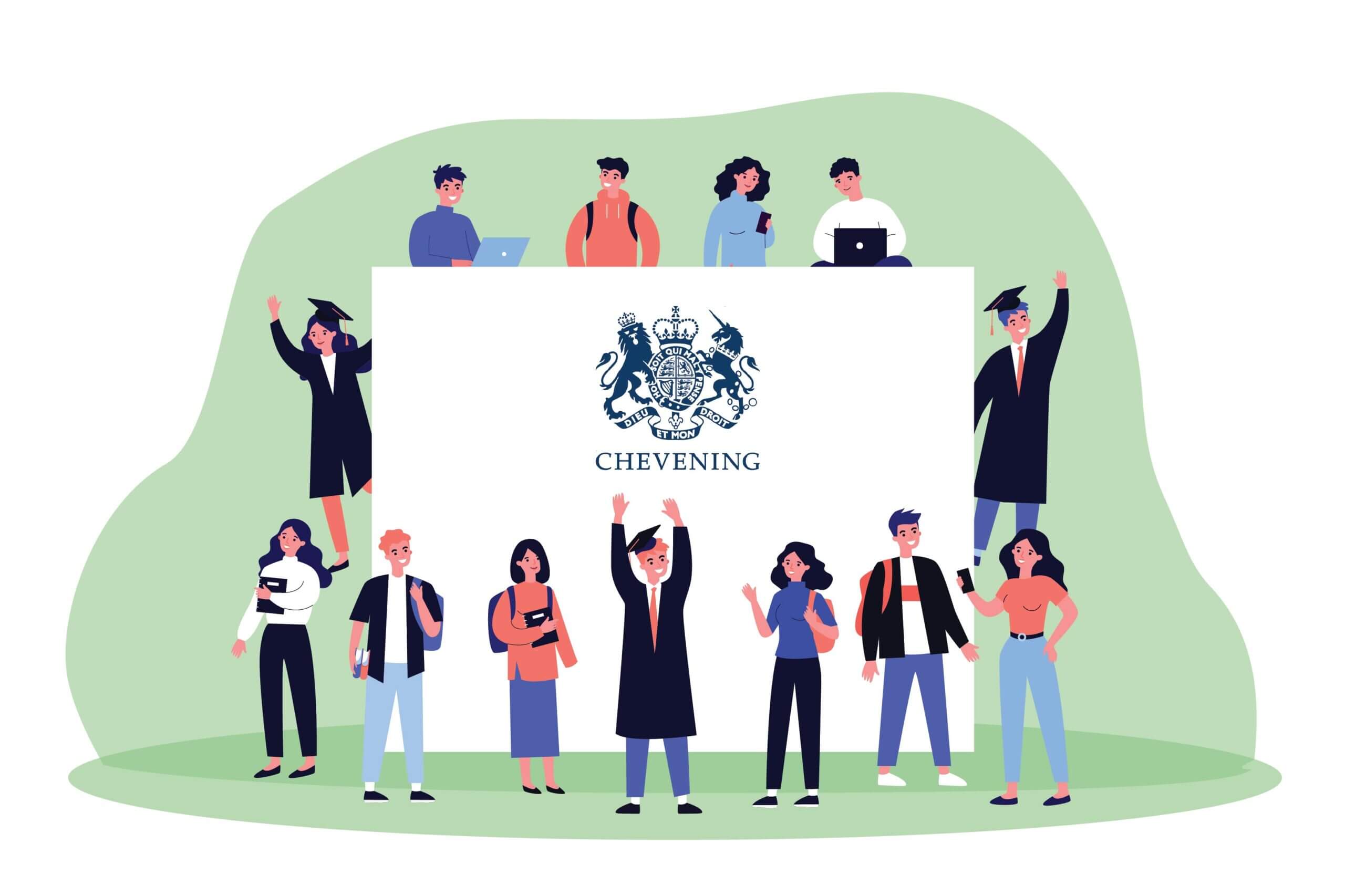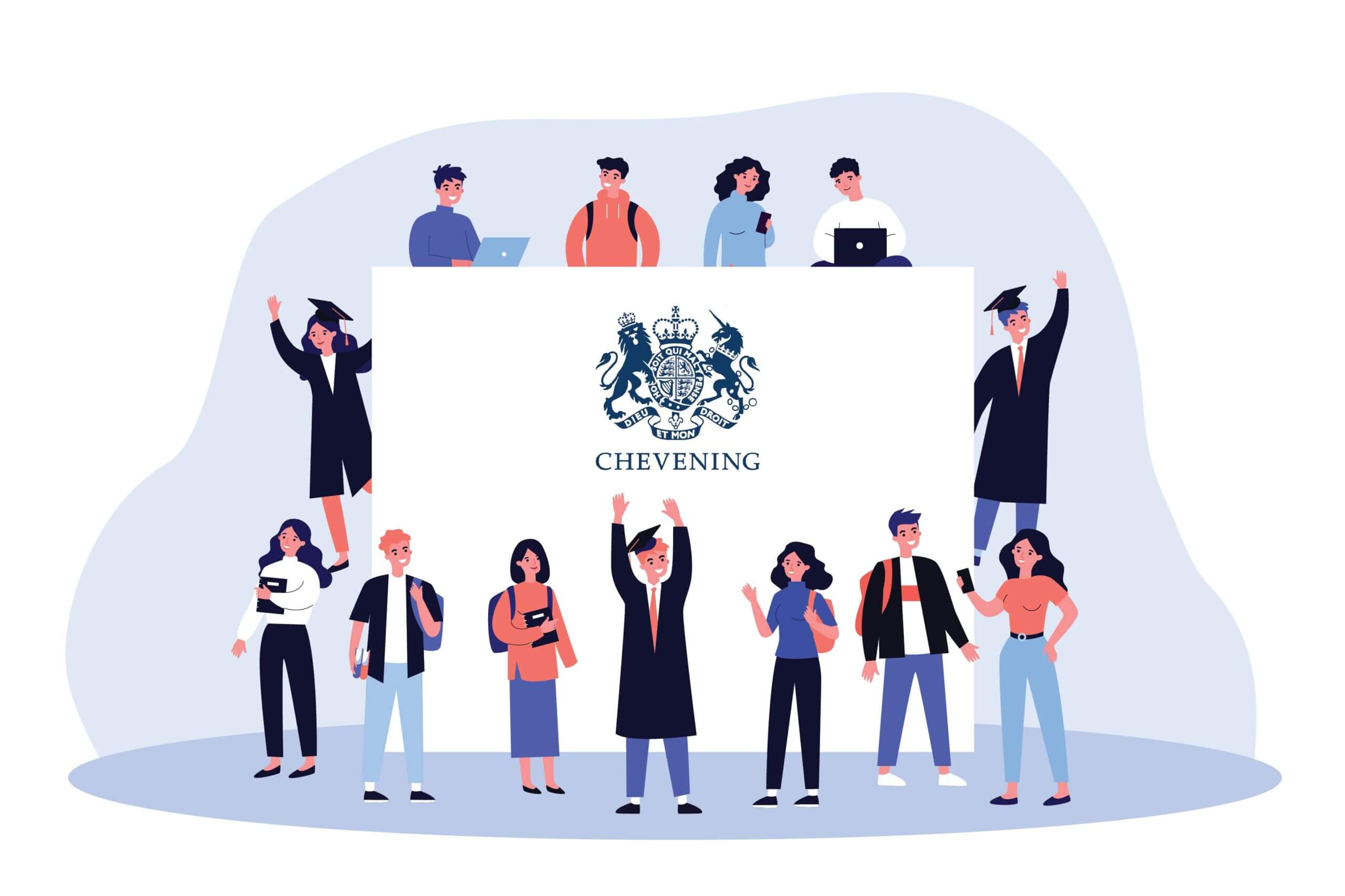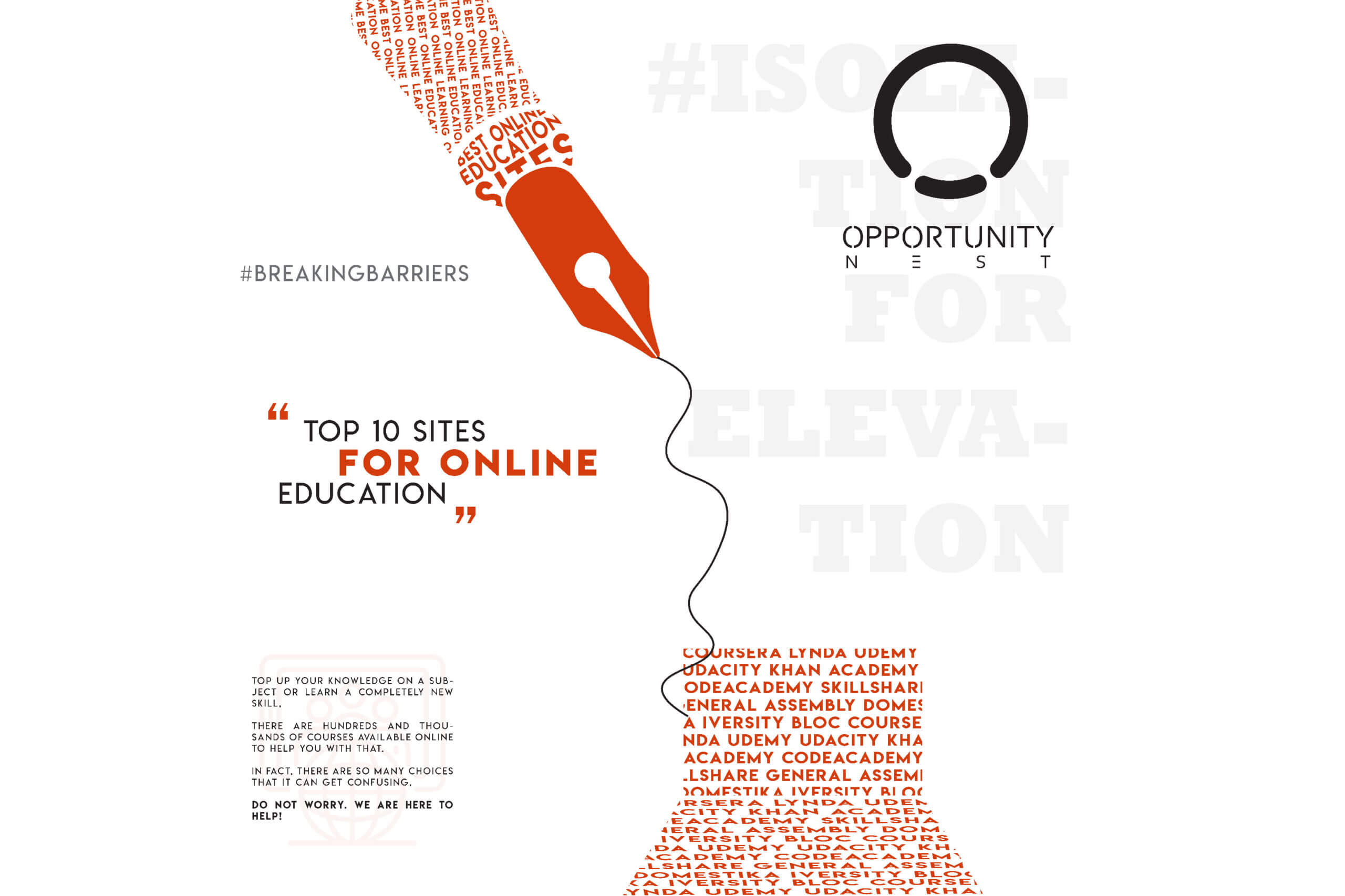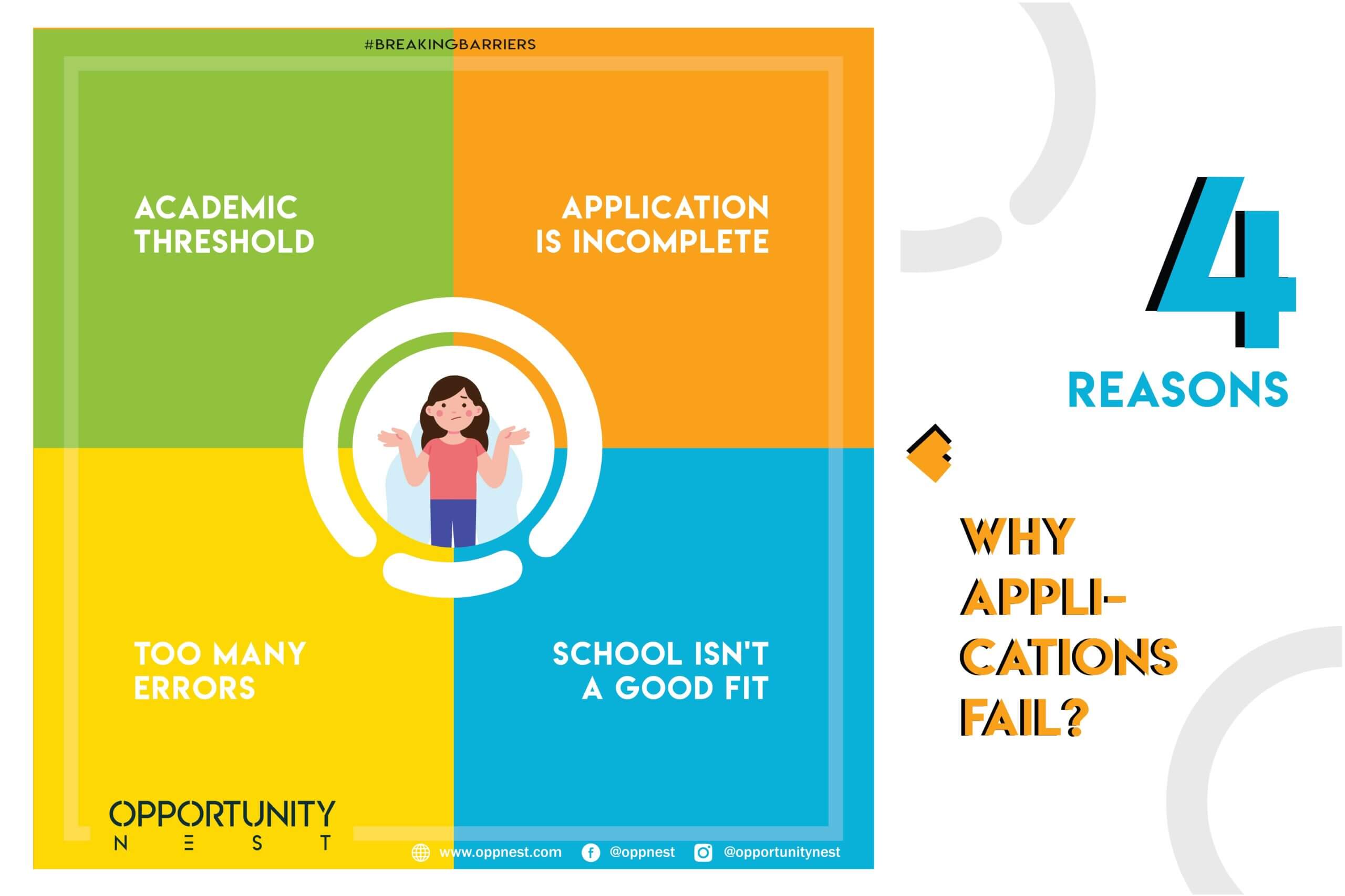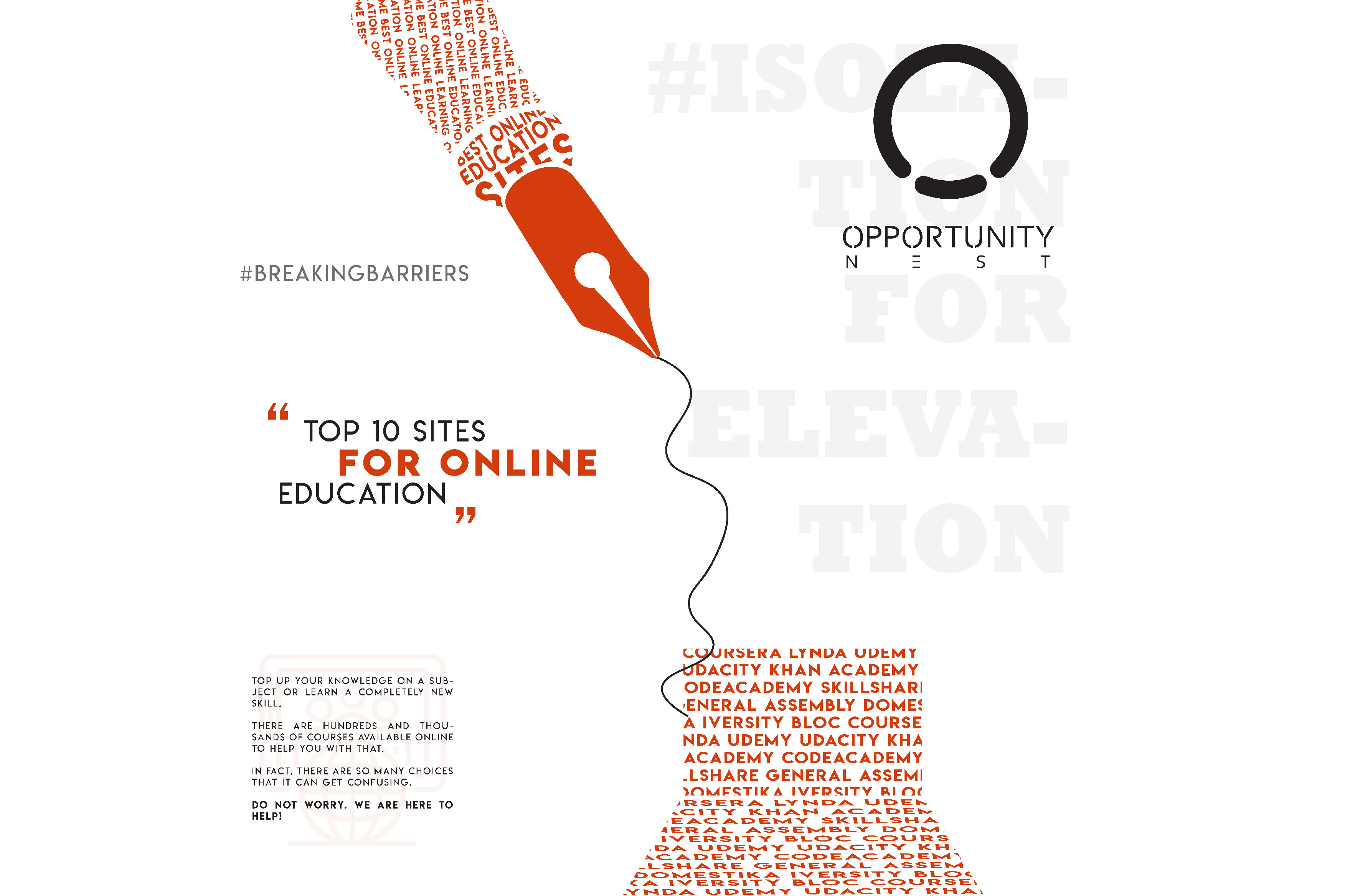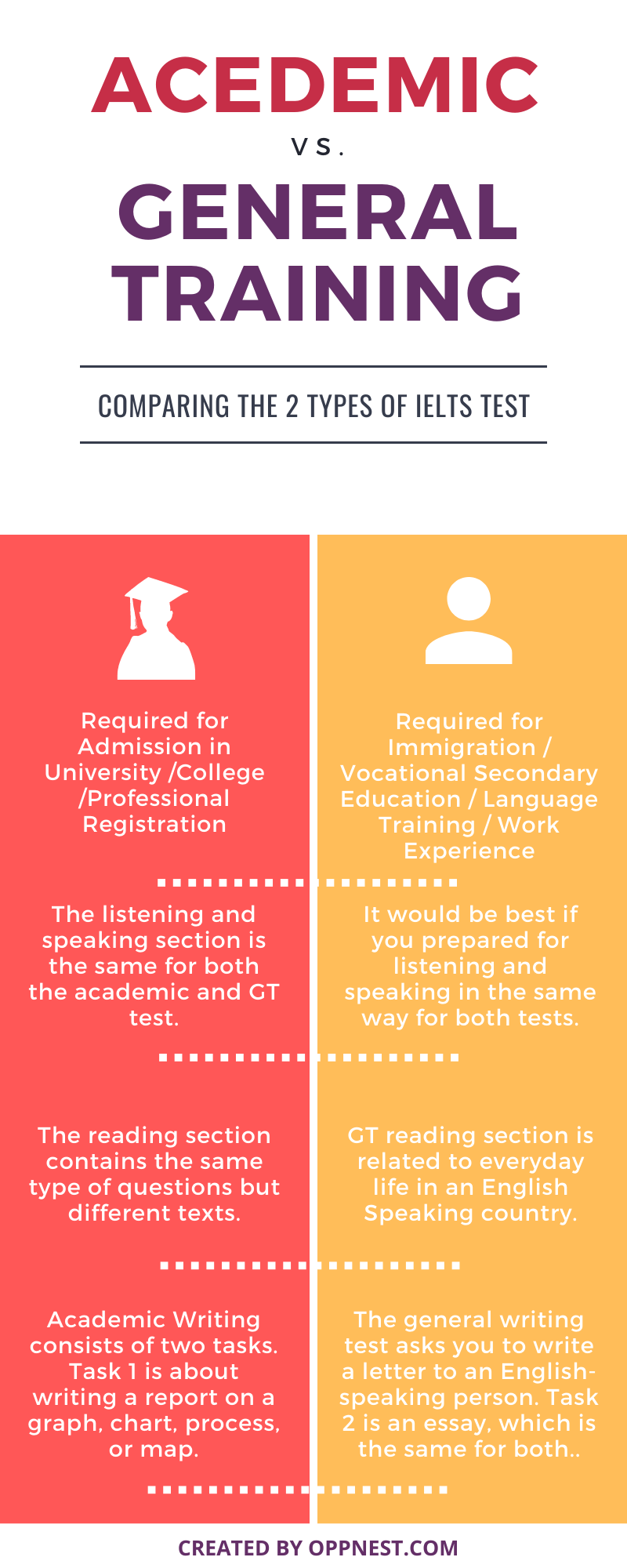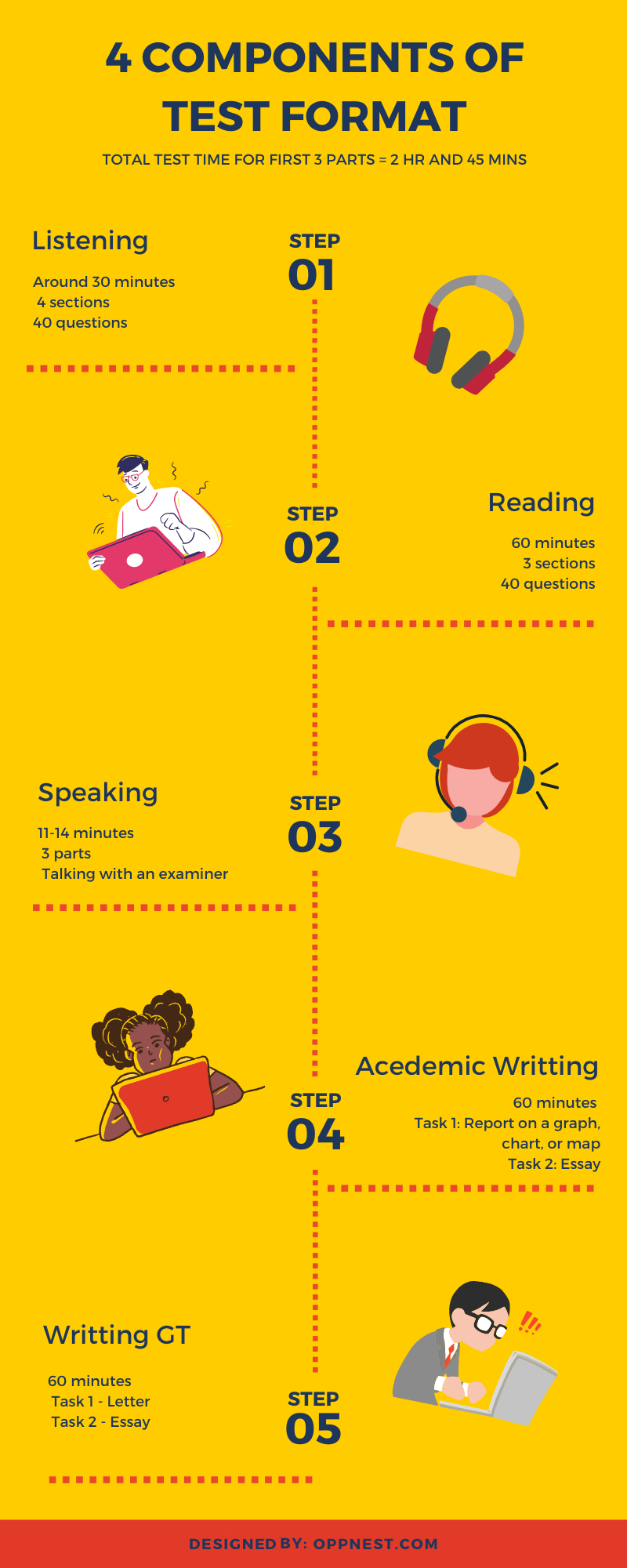Scholarships

Opportunities to help you reach the beyond your horizon
Fellowships

Exclusive benefits that are in accordance with your needs
Exchange programs

Discover the most suitable exchange programs for yourself
Conferences

Educate yourself on world matters by being a part of these
Training

Develop the best of yourself with our global training programs
Jobs

Filter out the best job opportunities from around the world
Grants

Do not hold back your ambition and apply for these grants
Competitions

Learn by competing with people from all corners of the world
Internships

Apply for the most relevant position and strengthen your CV
Awards

Let your skills and experience be rewarded as the deserve













